SALA comes to Atherton this weekend
It brings together mythologists, filmmakers, authors, poets, artists, and culinary masters in a celebration of South Asia’s cultural richness.
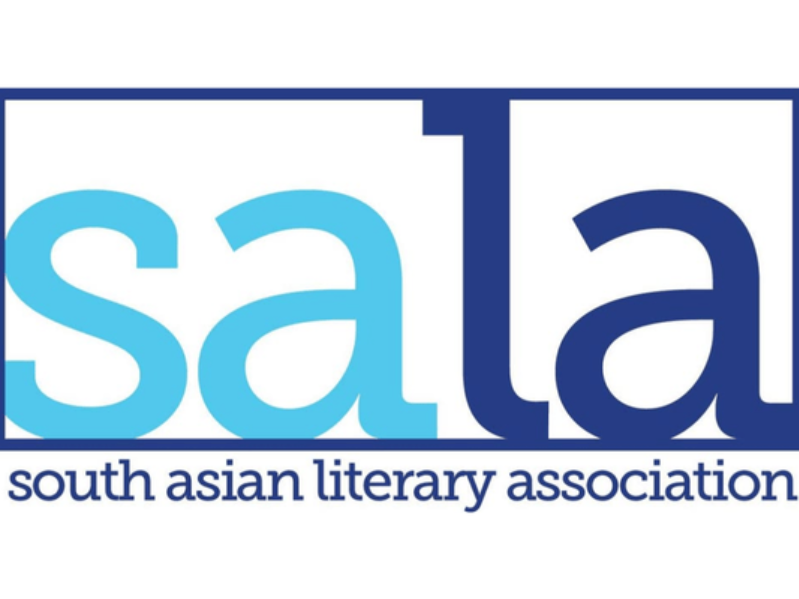 South Asian Literary Association / Logo
South Asian Literary Association / Logo
Nobel Laureate Dr. Abhijit Banerjee, will be the keynote speaker this Saturday, September 13th, at the South Asian Literary Association's (SALA) annual festival at Menlo College in Atherton, California.
At an American Community Media (ACoM) briefing, in partnership with the South Asian Literary Association, (SALA) he spoke on the urgent need to restructure global aid to truly benefit the world’s most vulnerable communities. The audience asked him of his experience with, and opinion of the now disbanded USAID.
Kiran Maholtra, co-founder of the South Asian Literary Association (SALA) and Artforum said, “You've just heard one of our leading keynote speakers speak. SALA offers unparalleled access to trailblazing voices, actually master classes, if I may say so, with people who shape the world with their creativity and their thinking. We are so happy and proud to have Dr. Abhijit Banerjee agree to come to the Festival. Over about 2,000 people are going to be there.”
Thoughts Without Borders
SALA promotes the voices of the South Asian diaspora. This is our sixth year of celebrating that, she said. The SALA festival is a vibrant celebration and dialogue with the South Asian voices, with literature, art, film, poetry, and epicurean discussions.
“Rooted in the richness of our heritage, South Asian heritage, and extremely contemporary experiences, our festival brings creators, thinkers, and audiences together. They venture into “Thoughts Without Borders” which is this year's theme. The festival fosters a sense of belonging through extremely powerful narratives.”
The South Asian Literary Association (SALA) continues to be a dynamic forum. In its sixth year SALA promises a weekend of dopamine. It is bringing together mythologists, filmmakers, authors, poets, artists, and culinary masters in a celebration of South Asia’s cultural richness.
Mythology in Contemporary Life
Among the anticipated speakers is Devdutt Pattanaik, the renowned mythologist who masterfully connects ancient myths with modern realities. His work reminds us that while we often think of ourselves as entirely contemporary, the themes, dilemmas, and patterns of our lives have always existed in mythology. Through his insights, audiences will see how age-old stories still resonate powerfully in today’s world.
Cinema for the Masses and Beyond
This year’s film panels host three directors with distinct voices. Kiran Rao, whose film Laapataa Ladies recently made its way to the Oscars, Kabir Khan, of Bajrangi Bhaijan and Kabul Express fame and Rahul Chittella whose debut film Gulmohar won three National Film Awards, including Best Hindi Film and Best Dialogues.
Rahul, who has worked with Mira Nair for over 14 years has also worked on Monsoon Wedding the musical. Together, they represent the breadth of South Asian filmmaking from commercial spectacles to intimate, unconventional stories that speak to vast audiences.
A Literary Spectrum
SALA also showcases a vibrant range of authors: Meena Ahmed, a sharp political and policy writer, Manu Pillai, celebrated for his historical narratives; Alka Joshi, author of The Henna Artist; and Thrity Umrigar drawing from her Parsi heritage and experience weave immigrant longings, dreams, and realities into deeply human stories.
“The Gujaratis: A Portrait of a Community” by Salil Tripathi gives perspectives that are unique to his ringside view of the community. He will be there at the festival as always.
Art Without Boundaries
Mithu Sen, the New Delhi-based artist who was awarded the inaugural Skoda prize for contemporary art at the India Art Fair describes her work as “un-language” and “un-myth.” Her art deliberately dissolves boundaries between the personal, and the poetic. Her presence promises to challenge and expand the ways we think about storytelling and expression. She will speak at SALA.
The World of Poetry
Poetry, too, takes center stage. “Scottish Muslim Calvinist”,Imtiaz Dharker, born in Pakistan, raised in England, will share her lyrical work. “Dharker developed a deep relationship with India after eloping with her first husband, a Hindu,” wrote the Guardian. Mumbai finds a place in her heart.
Arundhathi Subramaniam, in her new book, The Gallery of Upside Down Women, examines Indian mystic poetesses and renegades. She will be at SALA in a panel with Darkar.
Together, the poets demonstrate how poetry can bridge worlds and histories, offering a space for reflection and reinvention.
Epicurean Journeys
SALA celebrates the explosion of South Asian food culture in the Bay. “What was once dominated by “curry houses” has now blossomed into Michelin-starred experiences,” said Malhotra.
This year’s culinary panel features Ajay Walia, whose restaurants Saffron, Rasa and Amara offer North Indian , South Indian and Mediterranean cuisine respectively. Heena Patel whose restaurant Besharam, digs deeper and goes regional with Gujarati flavors, too will be at the festival.
These restaurateurs represent how South Asian cuisine has now found home in the eclectic Bay Area.
SALA is set to provide food for thought. Abhijit Banerjee’s noble prize winning research shared in a keynote is a piece of the smorgasbord of brain feed.
ADVERTISEMENT
ADVERTISEMENT
E Paper
Video



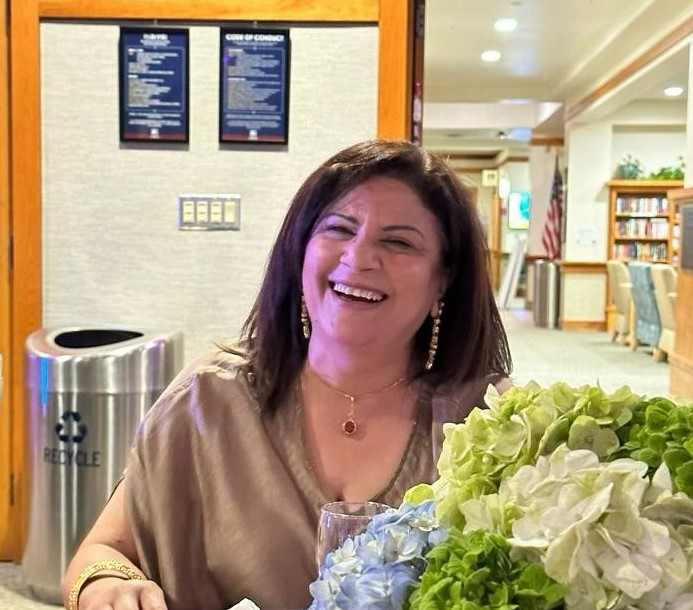 Ritu Marwah
Ritu Marwah .jpg)
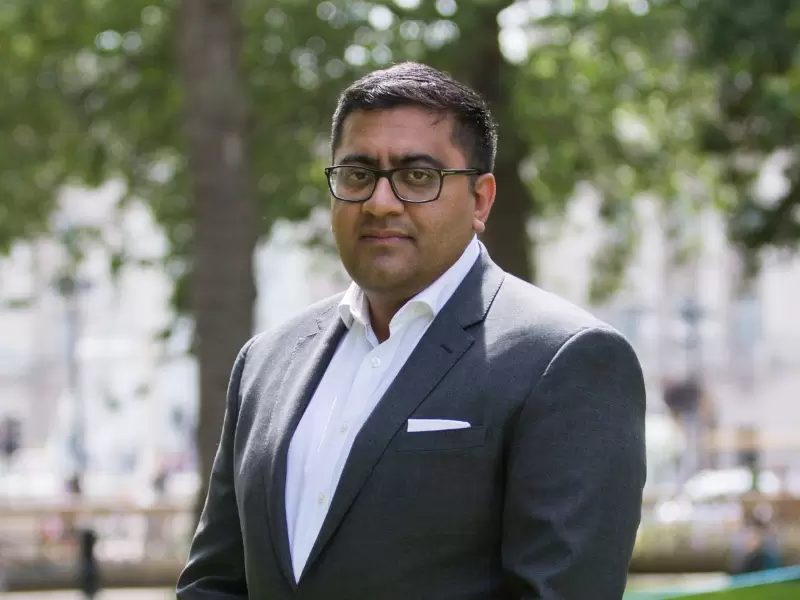
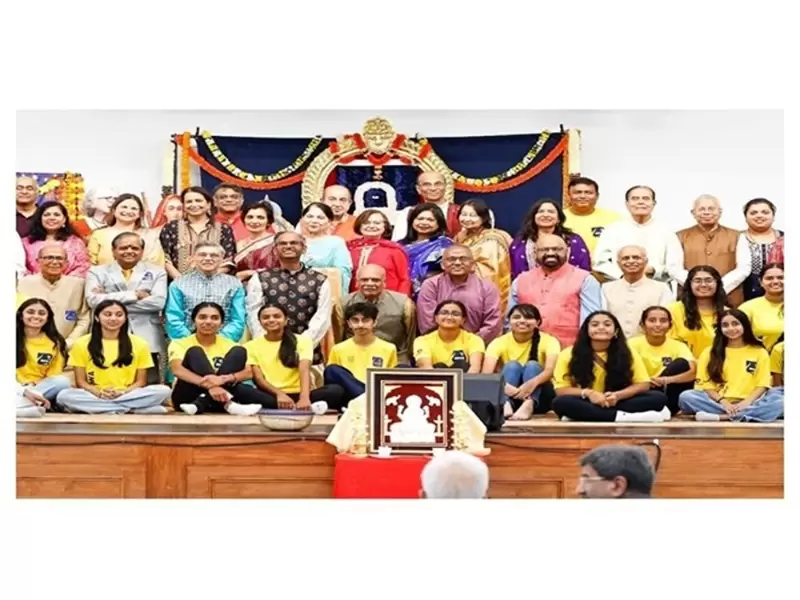
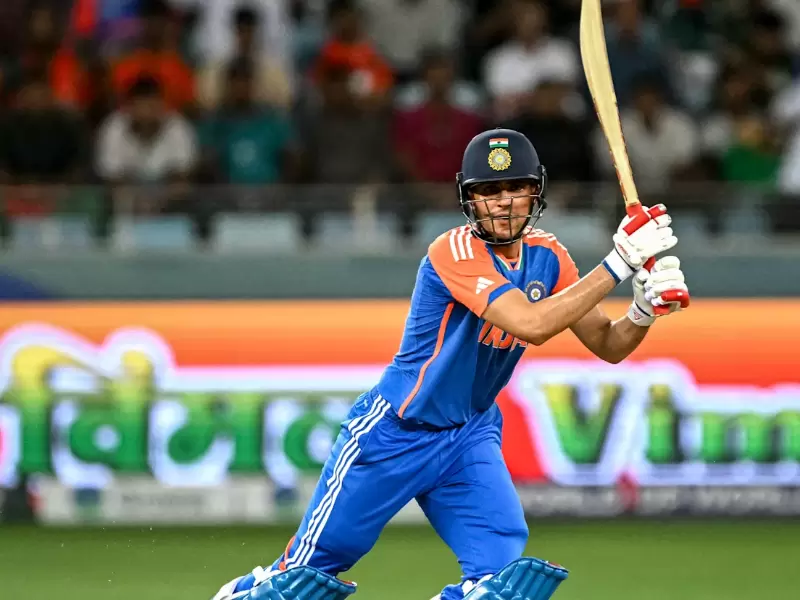
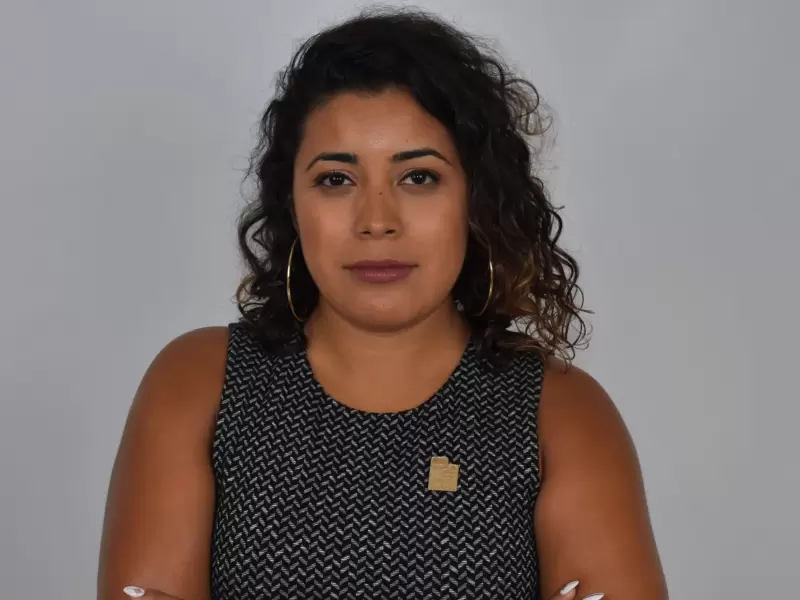
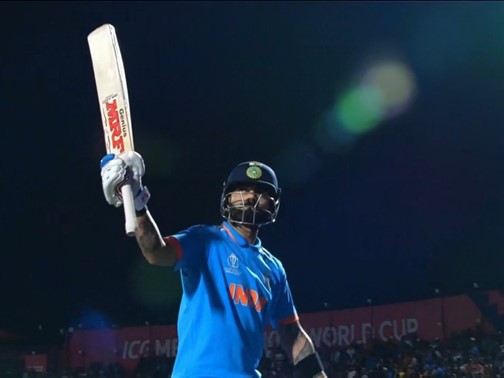
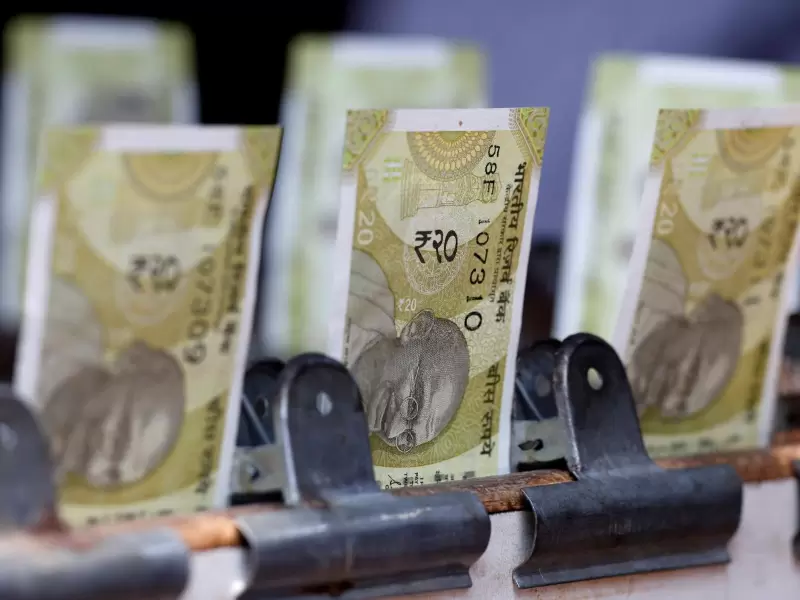

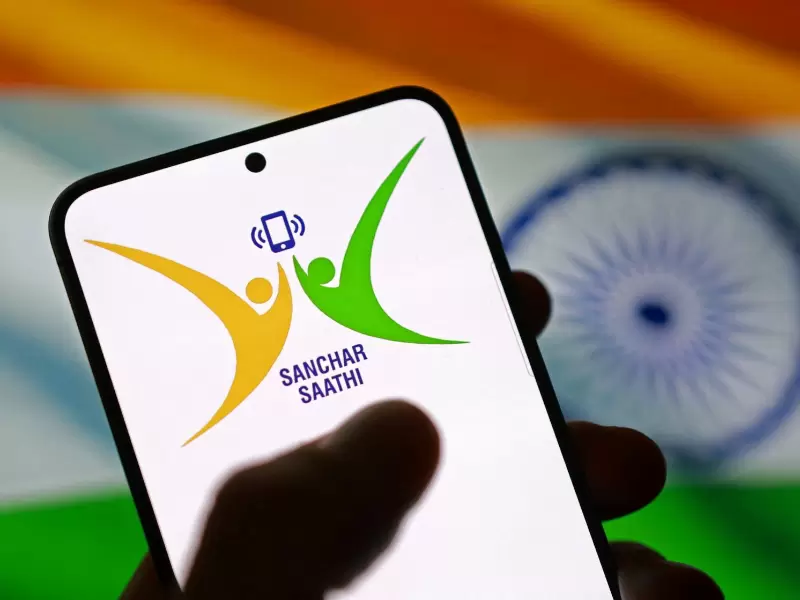




Comments
Start the conversation
Become a member of New India Abroad to start commenting.
Sign Up Now
Already have an account? Login